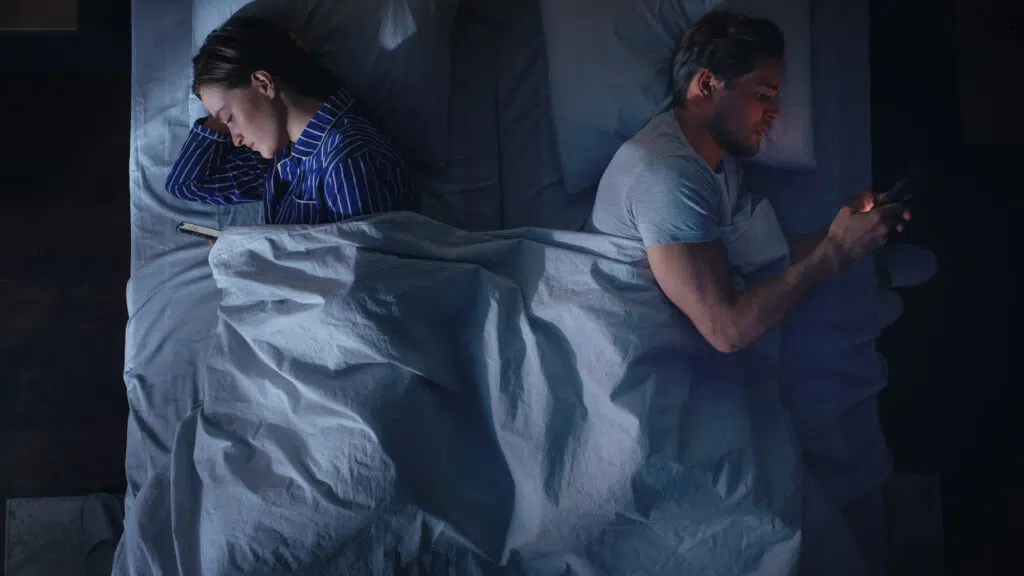Therapy Going Digital

While so much focus has been put on our physical health lately, it’s even more critical we don’t put our mental health on the backburner. The current limitations of social isolating are not ideal for many therapy seekers, however, it should not be an excuse to push mental health to the side. Below is a list of ways people can still utilize therapy from the home and the benefits of each.
Text Therapy: Text Therapy is a form of teletherapy that allows you to talk to your therapist over computer instant messenger or text from a phone.
Pros:
- Do it From Anywhere: Many people are in environments where it is not possible to speak privately for 45 minutes. Text Therapy allows people to speak with their therapist from any room without anyone noticing.
- Take Time to Process Responses: Texting helps some people think carefully before speaking which may help them articulate certain thoughts and emotions.
- Look Back at Your Session: Ever wish you took notes during a session or forgot what a therapist said? With Texting, you can always access your sessions and re-read anything that was mentioned.
Phone Therapy: Phone Therapy is a form of teletherapy that involves speaking over a cell phone or computer with audio-only.
Pros:
- Take a Walk: Therapy over the phone allows you to put some headphones in and go on a stroll. This may be practical if you don’t have any privacy inside your home.
- Tone of Voice: Even though you may not be able to see your therapist, you’ll likely get a good feel for them in a conversation, opposed to texting, since you can hear their voice.
Video Therapy: Video Therapy is a form of teletherapy that allows clients to see and speak to their therapist over video chat using a computer or smartphone.
Pros:
- Nonverbal Cues: Unlike other forms of teletherapy, video therapy allows clients to see certain nonverbal cues, such as body language, that may be important during a conversation.
- Screen Sharing: Many video platforms allow for the client or therapist to share their screen during therapy which can be very helpful when going over exercises clients may have practiced in the home.
For more information on how to gain access to mental health resources and therapy, call Thriving Mind Psychology’s office at 212-547-8861or email us at [email protected].

Sustaining Love: What to Do When the Honeymoon Phase Fades
There’s nothing quite like that initial attraction and spark where you just can’t get enough of your partner. But as the months and years roll on, it’s normal for relationships to transition through stages, and dynamics can shift.

All a Bad Dream? 1 in 4 Think Their Nightmares Predicted the Future
Americans have a lot on their minds. From navigating daily stress due to work or mental health to grappling with bigger widespread issues like politics, climate change, or crime, it’s safe to say there’s a lot to think about daily. For many, stressors aren’t only encroaching on their minds during waking hours, but also when they try to sleep in the form of nightmares, or bad dreams.

Psychological Challenges with Remote Working
While we can meet our loved ones in person without masks, the pandemic brought some changes that have stuck. Remote working has transformed the workforce. Some companies have chosen a fully remote approach, while others are welcoming their employees back to the office full-time.

Survey: 72% of Americans are Stressing About the Upcoming Presidential Election
Political viewpoints in the U.S. have always been contentious, but is the impact of politics in the United States making it difficult for people to live their everyday lives? With some anticipating another brutal and long campaign season ahead of the upcoming 2024 presidential election, nearly half of Americans say politics is negatively impacting their mental health.




